Mejle is one of the co-owners of Mechatronica, a Berlin-based record label, promoter, and collective established in 2012. Mechatronica releases music from a diverse range of artists under its umbrella of labels and organizes club night residencies at notable venues such as Griessmühle, a grain-mill-turned-nightclub located in the industrial outskirts of Berlin, as well as at Sameheads cosmic basement in Neukölln to name a few.
With a rugged and dynamic DJing style honed over a decade, MEJLE seamlessly blends his passion for collecting music and mixing records, crafting energetic sets that traverse genres including electro, acid, EBM, techno, Chicago and Detroit sounds, Italo disco, new beat, and more. In addition to his DJing and label management duties, MEJLE works together with AIAIAI team.
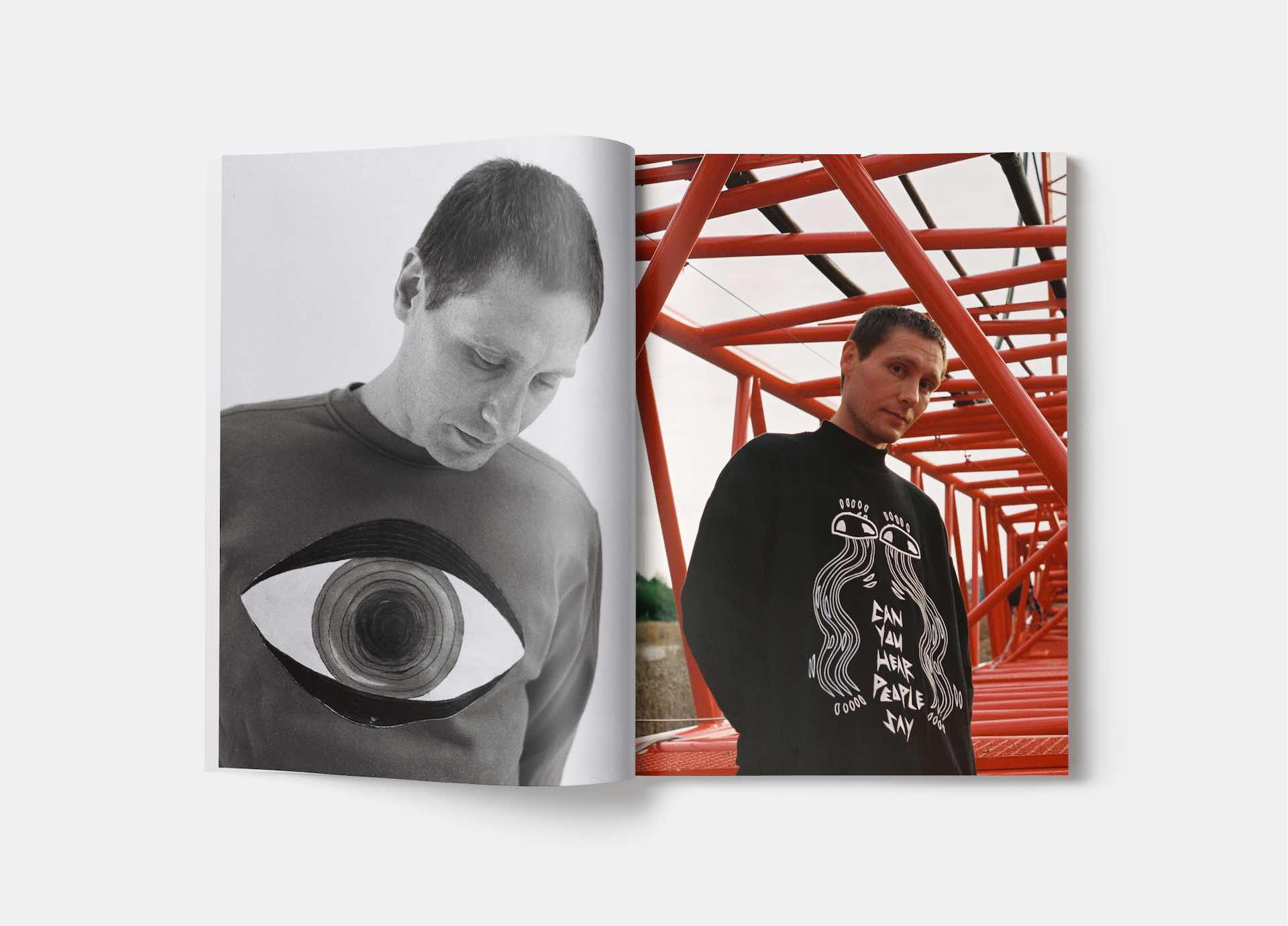
Hello Casper, There are so many things happening in your life right now – both as a DJ and the label head, Mechatronica. Could you please introduce yourself to the readers through the music? Who is Mejle as an artist, what is he currently working on and which track he cannot get out of his head right now?
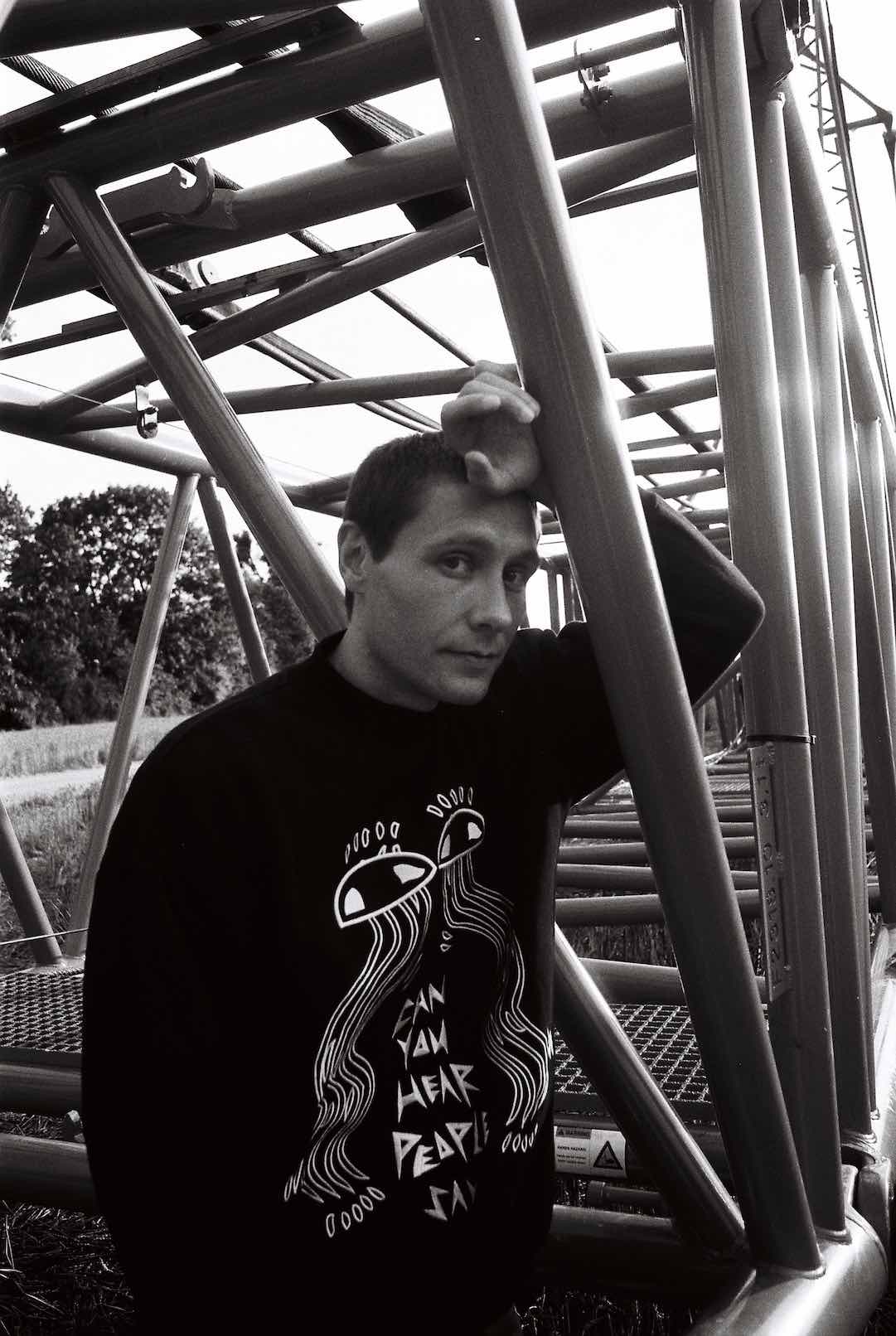
Hey, nice to meet you too. Digging music and planning our next releases and label nights are taking up most of my time at the moment, we have some lovely records coming out that I can’t wait to share with you all. Instead of a track, I’d pick an album – The System’s Logic came back in rotation lately and still turns my legs into jelly every time.
You’re Danish, but you chose Berlin as your current residence. What was the main reason for the change? And why do so many electronic music passionates still choose the German capital as the most important and influential place to live in?
When I moved here in 2013, record collecting was consuming a lot of my time so the main reason for coming to Berlin was to discover new music. I think that’s still the thing many people seek and find here, wherever they are experiencing the sounds they are into.
No matter what style or subgenre you are feeling, you are almost guaranteed to find at least a handful of other people who are into the same vibe and who are playing those records, producing that kind of sound or putting on nights in that direction. That was my experience back then at least.
There is a certain mythology connected with being an electronic music fan or DJ / producer, and living in Berlin. Does the city carry its crown successfully, or is it becoming heavy? Is there a lot of competition among young DJs, artists or collectives?
There are challenges like in any other metropolitan area, but I think there’s still an abundance of choice, opportunity and safe spaces when it comes to electronic music compared to many other European cities. Of course lockdown and the aftermath has been heavy for everyone in one way or another – personally, artistically, financially. But the period also opened the doors for many new creative styles to flourish and get a platform, in new ways that weren’t possible under the pre-covid conditions.
Despite the struggle many people went through and still go through, the last 2-3 years changed a few power structures dramatically, which was very welcome and which was hopefully only the beginning.
I never noticed much competition in our corners of the scene – people tend to spread good vibes and celebrate each other and the music. That’s what makes me stick around. Can’t speak for the Berlin scene as a whole though.
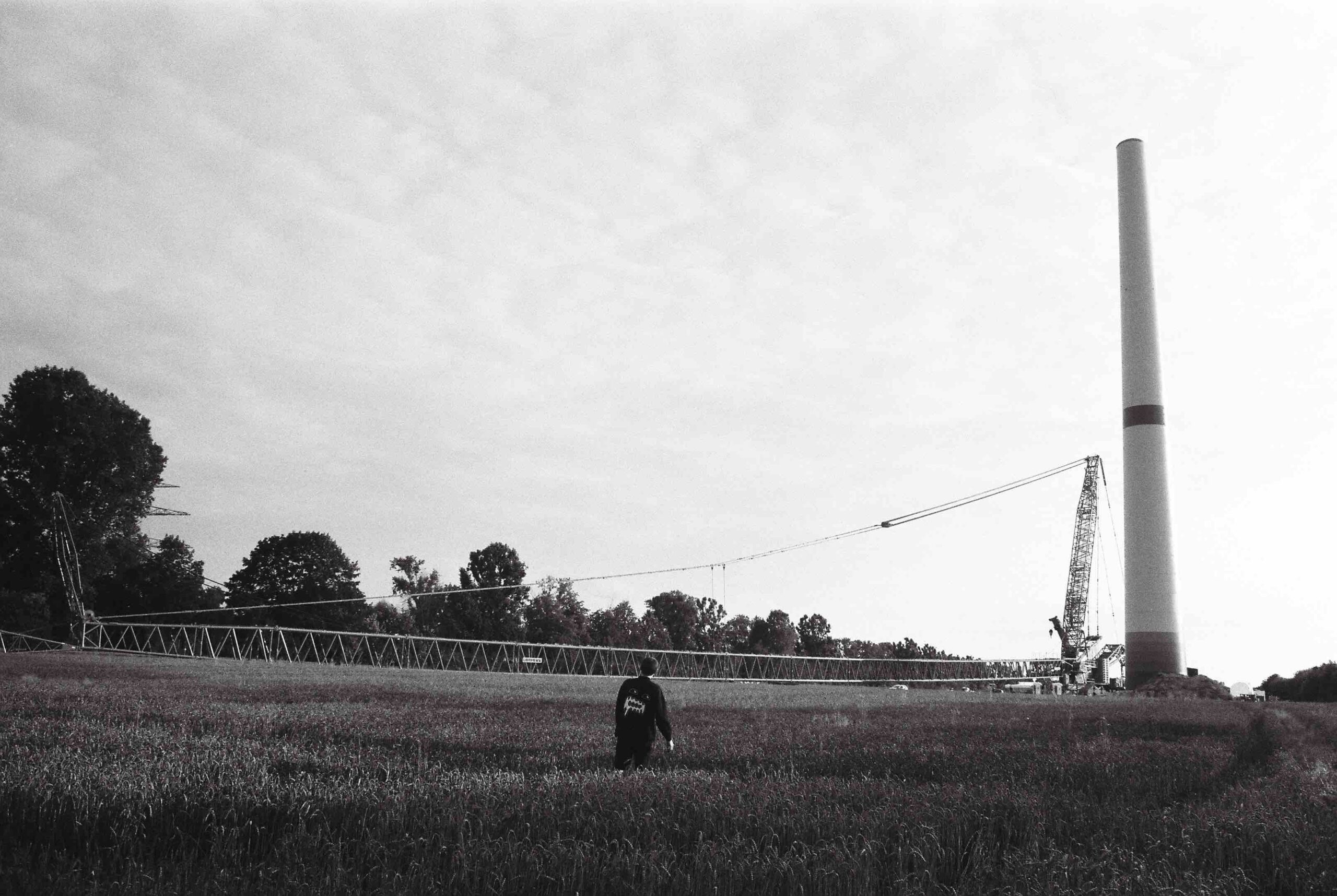
On the other hand, what do you most like about living in Berlin, is…
The diversity of people and the slower tempo compared to other larger cities I’ve lived in. It feels spacious and chill to me, even if there are busy areas and even if I’m sure that it’s gotten more crowded over the past couple of decades. I don’t have to move very far by bike or train to be at a completely peaceful spot or in the middle of the action.
Let’s leave the German capital momentarily and travel a bit instead. Which city in the world is the most influential and important for you (and why?). The choice doesn’t have to refer only to music, as inspiration can be drawn from everything.
Copenhagen might be the one since I spent 8 years there in my late teens to mid-twenties and it was one of the most formative periods in my life. I guess the 20s are influential to everybody, regardless of where in the world they go through them. But Copenhagen gave me some of my deepest friendships and most memorable musical experiences in the early 2000s, both of which opened my mind a lot in that period. Skating was a huge part of my life in Copenhagen as well, and it changed my perception and thinking in ways I continue to be thankful for. I sadly grew a bit tired of the city in the end when my interest in records and DJing took over, but nowadays I love to visit anytime I get the chance to go.
Speaking about inspiration: how do you work with it? Where do you usually find it, what does your creative process look like?
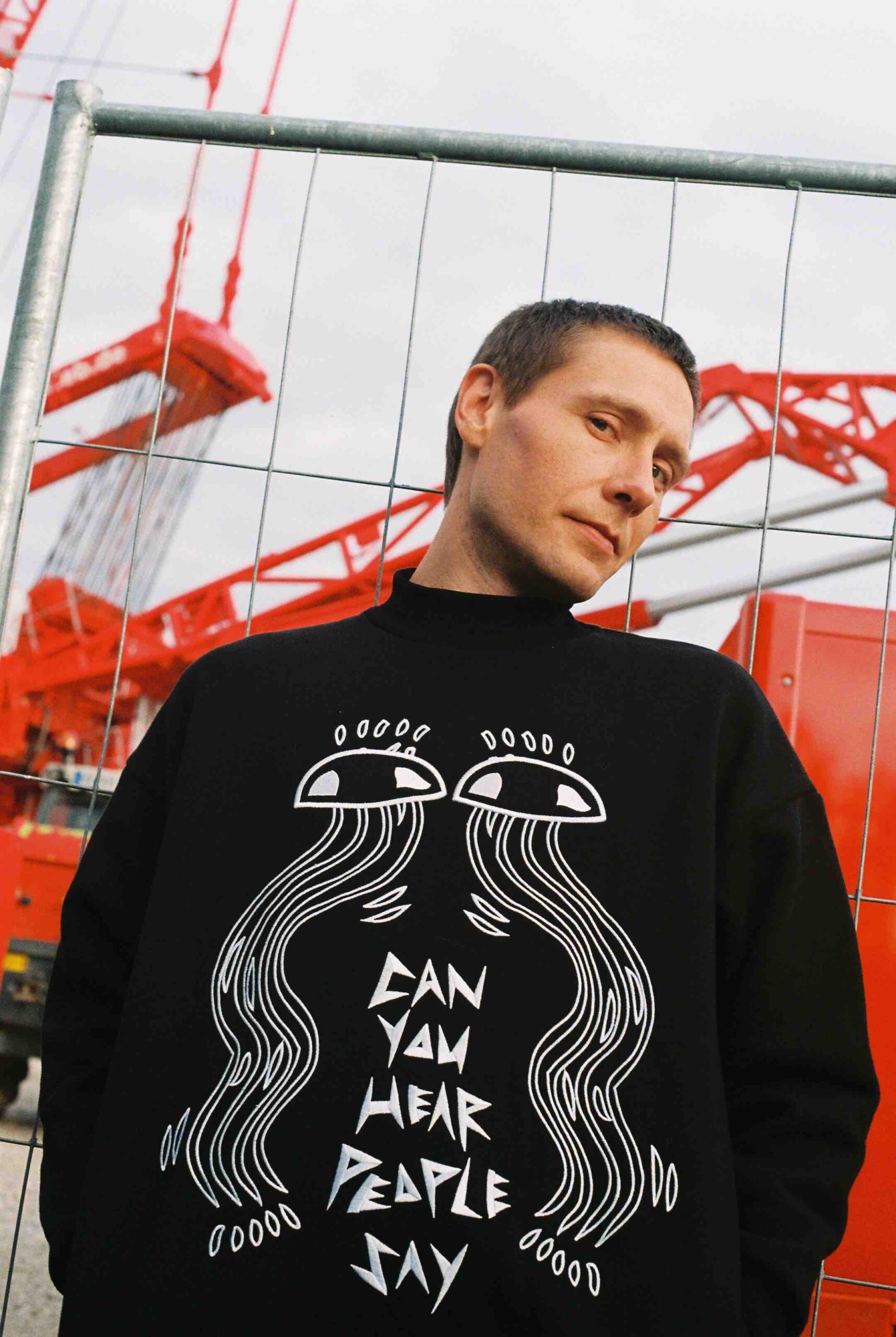
I love listening to albums, mixes and radio shows, or digging through SoundCloud and Discogs. The environment plays a big role in my perception of music, so I try to take in music as much as possible outside of my usual surroundings, to see how the tracks affect me in different scenarios.
But a lot of inspiration also comes from watching other DJs or producers perform, so I try to be on the floor as much as I can as well.
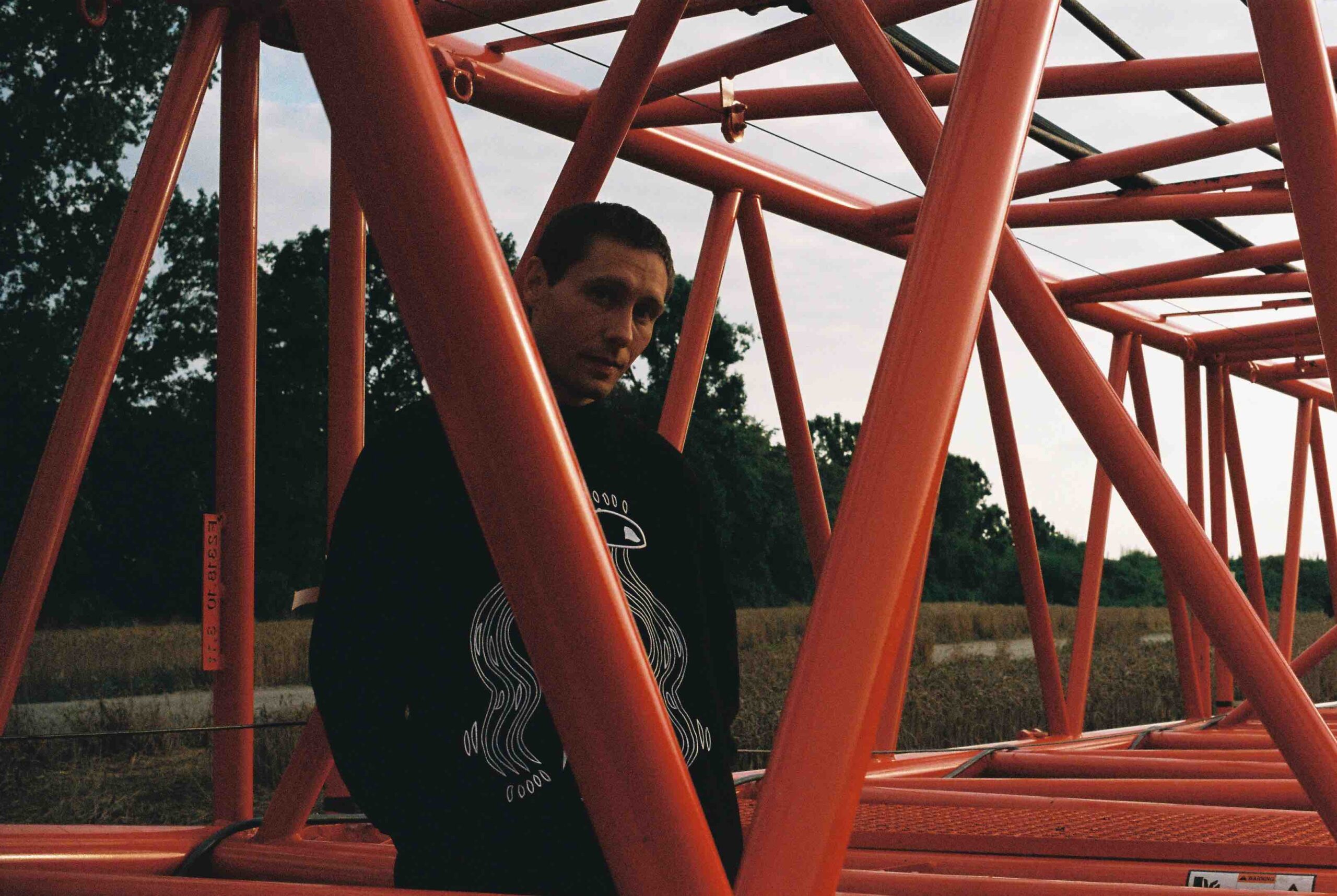
The selection in your DJ sets makes the listener’s mind amazed! In this great variety of genres – electro, acid, techno and many more – you know how to combine them in a sublime, interesting mix. How do you prepare the music for podcasts, radio shows or gigs?
Thanks! It really depends on whatever’s coming up. For podcasts and radio shows it’s usually a never-ending battle because there are always too many tracks to play. For gigs, I usually sort through my archives every week, and keep an eye out for new releases and unreleased/upcoming bits from friends and labels. I try to organize the sounds in a sense that makes sense for my mood, for the venue and for the night, always leaving room to move around wherever the vibe goes.
The magic key of Mejle’s DJ-ing skills is based on… . I know it will be hard to answer, but which genre do you consider the most important and influential to your sets?
Lately, its been a lot of breaks, acid and electro, but overall it’s maybe bass music or UK sounds. I played grime, garage and 2-step for many years so those styles formed my approach to DJing. But italo, new beat, techno and Chicago house also influenced me a lot through the years.
If you could remix one electronic music album, which would you choose and why?
The Art Of Noise – In Visible Silence .. so much imagination and playfulness in that record. I’m sure it would be a lot of fun to rework.
It is said that the “evolution process” in the electronic music industry is very limited – the main areas of development for the artist are, usually, DJ-ing, producing or launching and managing a label. Do you agree with this theory?
I agree that those are probably the routes that most people end up taking if they want to be involved full-time but I don’t really see that as a limited thing, at least not compared to other artistic or creative areas.
Even if there is still a long way to go in terms of providing equal access and sharing knowledge fairly across all areas of the scene, I think the evolution process has opened up in the last years. It seems to me that many barriers in that process have been removed, and the opportunities to be involved in electronic music in one way or another have come more within reach of more people.
In addition to what you mentioned above, people can form collectives, organize workshops and talks, put on nights, do photography, coding, journalism or engineering.
And, from your point of view, how can artists work on their career and really “reach for the stars”?
I think it’s really individual what you gotta do, to get to where you wanna be. We all have different goals and obstacles we gotta overcome to get there. I guess the most important ones in any stage of the process are patience and keeping an open mind.

Working in music (or, generally speaking, in the entertainment business) is considered to be such an easy and pleasant job. If yes, anybody can become a label owner? Does the DJ need a manager or a booker, or can manage all the duties on his / her own? And how to work with “rising stars” of the electronic music industry or people who are simply unprepared for success?
Yea sure. That’s what I meant earlier with the process opening up over the last decade – I don’t think it’s ever been so easy to start a label as it is now, whether digital or physical. But if you want to cut through the noise, you have to dedicate the time to listen to music, find your identity and be consistent and patient, whether as a label, DJ or whatever you want to do. Most people are pretty easy-going in our community, so everything usually runs smoothly with the artists, whether they are established or upcoming. As with any relationship, common respect, being responsive and being able to listen, all are key in terms of how we work with anyone.
What does running a label like Mechatronica look like? Is it very difficult to choose the upcoming co-operations, chase for “new faces” in the industry or release their fresh material? What is your workflow based on, and how do you operate every day?
I take care of our Bandcamp store so many hours of the week are spent packing/shipping records and merch. A lot of the time of course also goes with checking demos and preparing new releases with artists, or sorting out the bookings for our label nights. Choosing who we collab with seems to come quite naturally – there are periods where we receive great material and too much for us to fit in our schedule, and other periods where it’s been more difficult to figure out what we want to release or who want to book for our nights.
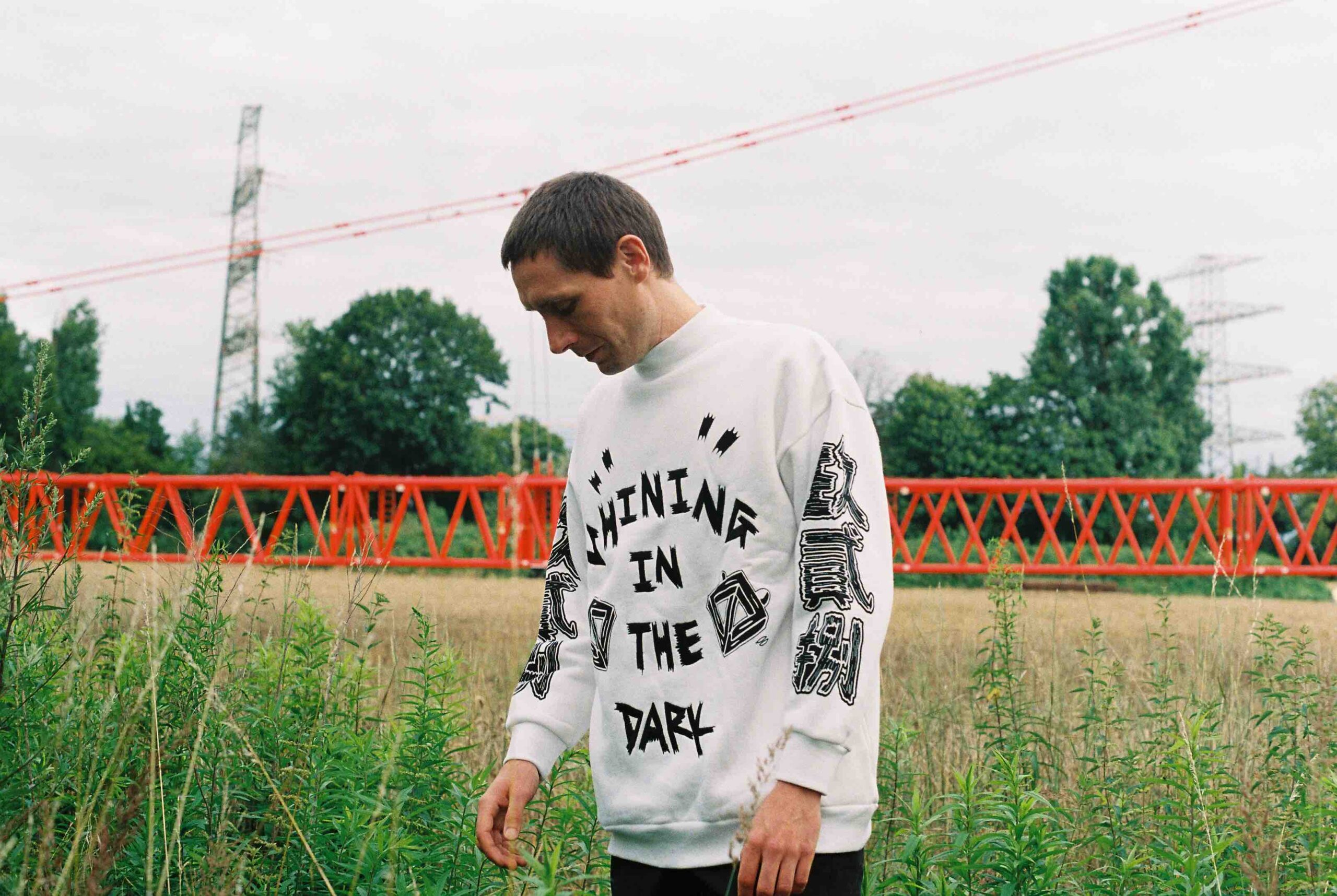
The workflow varies from week to week – if we have a new release coming out there’s a lot of preparation for that, or if we have a night coming up, there’s usually logistics and promotion to take care of. The week after there’s maybe bookkeeping and royalties for a few days, digging demos or music for mixes and shows, or delivering records to stores.
We are 4 people in the collective and all divide the tasks between us, so the other guys take care of other areas like artwork, design, taxes, and bookings. We all spend time listening to demos and we discuss the direction of the label, releases and bookings more or less daily.
Do you like to take risks, as far as label management is concerned? Or, in Mechatronica’s case, it’s highly undesirable to make such decisions? On the other hand, how does Mechatronica take care of its artists?
Yea definitely. I think it’s important to take risks. You can bring out whatever music you think is wild, but if you want people to pay attention and listen, you have to take some risks whether big or small. We try to be as open as possible to let our artists release with us what they want if it fits the direction we want to go with the overall label sound. We are just as interested in showcasing the progression of our artists as we are in expressing a specific sound with the label, and we are determined to do both things with every release we do.
Trying to always get our artists to come and play our nights in Berlin is an important thing for us as well. Being able to showcase the artists on the label in a physical space is a big part of our collective since we all come from DJing and putting on nights, long before the label came to be.
Socials to follow:
Interview
and more music features here






